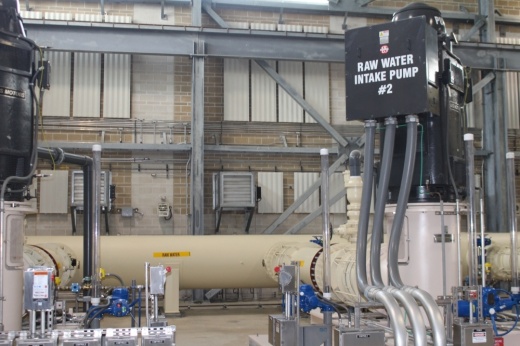The Dec. 16 ruling from the 284th District Court with Judge John Delaney presiding states thecontracts between the SJRA and utility companies are “incontestable, valid, and enforceable according to their terms.”
A similar ruling was handed down in 2020 by the Texas Supreme Court in the lawsuit between the SJRA and the cities of Conroe and Magnolia regarding their GRP agreements.
However, Community Impact previously reported this spring that a state court ruled the SJRA had not effectively mediated with the cities of Conroe and Magnolia before claiming they had violated contracts, and the SJRA planned to appeal to the Texas Supreme Court, a separate case from the Dec. 16 ruling.
“Any further proceedings in Montgomery County should only be to verify that the rates are reasonable,” SJRA General Manager Jace Houston said in a Dec. 19 news release. “We look forward to presenting to the court how SJRA takes great care to prepare a very conservative and reasonable budget and rate that is ultimately voted on by our customers.”
The SJRA is one of 10 river authorities created by the state Legislature to develop water supply and wastewater management in the San Jacinto River Basin, excluding Harris County, according to previous reporting.
The GRP contracts in question were enacted in 2015 following restrictions from the Lone Star Groundwater Conservation District on groundwater usage in 2008. Just over 80 public and private water utility districts joined into a GRP contract with the SJRA in 2010 to implement a joint, countywide GRP to conserve groundwater, according to the release. The lawsuits that ensued stemmed from allegations that water use fees were excessive on the utility companies and municipalities.
In protest of the rates, Quadvest and Woodland Oaks have not paid their fees under the GRP contract since 2020, according to the release. According to the SJRA, this has caused other GRP participants to make up over $10 million in unpaid rates.
Quadvest did not return requests for comment before publication.





